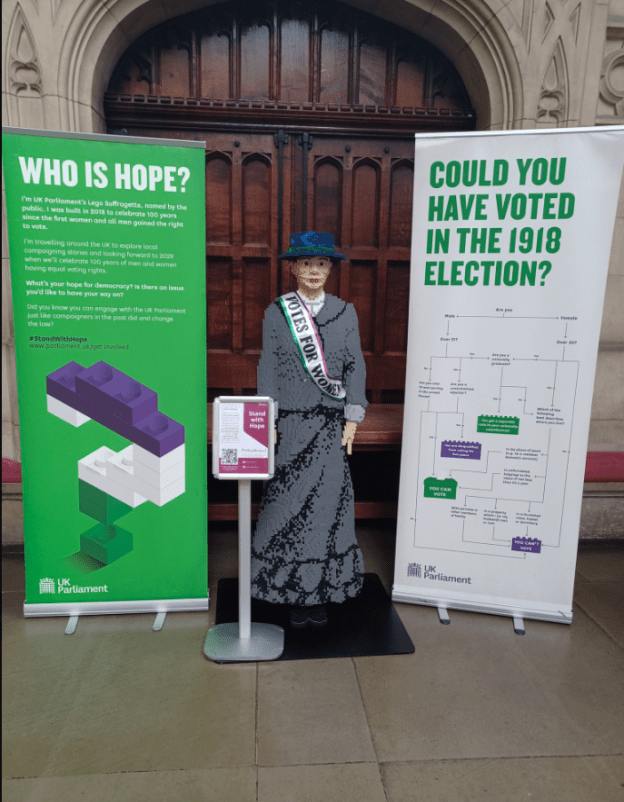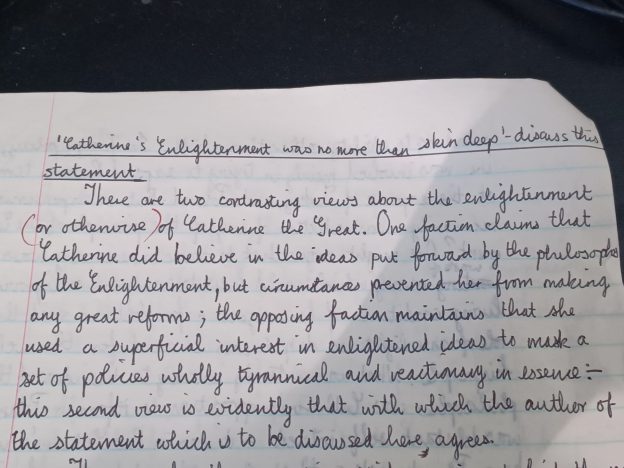While there is much attention on correct usage of gendered pronouns and cis- and trans- and so on, it is worth highlighting the fact that there are older word-disputes rumbling on, and some linguistic zombies which just seem to refuse to depart. Top of my list of terms which we could really jettison are the metaphorical use of ‘emasculate’ and the description of a woman as a ‘mistress’. The latter term has come up once again in relation to Carrie Symonds/Johnson, designating her role in relation to Boris Johnson in the period before their marriage, during his second marriage. The allegation about his attempt to secure a well-paid job for her in this period, if true, suggests dreadful behaviour, but it seems entirely unnecessary, and certainly inappropriate, to use ‘the m-word’ in this context.
Why do I have a problem with ‘mistresses’? Well, if it’s not obvious, it is a very sexist term. What do you call the male partner in this context? Probably ‘man’ or ‘lover’, I suppose, neither of which carries the same level of opprobrium. There is just no symmetry, and all sorts of unpleasant power-related implications. It suggests a past world in which there was an understanding that rich men would have a wife and ‘keep’ a mistress’, or indeed that an unmarried man might have a ‘mistress’; it focuses any condemnation on the woman involved, whatever may be the marital status matrix, and locus of infidelity, in the particular instance.
I have thought about the word, off and on, for years. No – relax – there is no great personal revelation about to appear. In the early part of my career as a legal academic, one of the predictable disputes in the annual meeting to go over the year’s exam papers was whether it was acceptable to use the term ‘mistress’ in problem questions about wills and inheritances. The usual view was that this should be avoided. There was a slight counter-argument, which was that, if we were setting up scenarios going back some time, and so importing some of the attitudes of a person whose views had been formed in an earlier age, it was not unrealistic to include a ‘storyline’ which involved a person with some considerable property (likely to be a man) ‘keeping a mistress’ at some point, ready to cause disputes with his wife and/or children when he died. Still, we generally thought it best to avoid the whole thing.
Nevertheless, students looking at cases would find quite a lot of mistresses, and I regret to say that, as with newspaper descriptions of Johnson’s relationships, ‘mistress’ is still encountered in judgments, in the 2020s. A five-minute search turned up what seem to be entirely avoidable usage of ‘mistress’ in Jackson v Song [2021] EWHC 1636 (Ch) and Ali v. Luton BC [2022] EWHC 132 (QB). I have no doubt that there are more. These recent comments are not quite up there with the suggestion of a man having ‘a secret bolt hole for his mistress’ found in HHJ David Cooke’s judgment in Downes v. Downes [2019] EWHC 491 (Ch) para. 60, but don’t seem at all necessary to the point being made, As I tell my land law students, legal practice and legal scholarship are all about words and their many shades of meaning: there are better and worse choices, and I am not convinced that there is ever any need to use ‘mistress’ in describing modern life and relationships.
If we go back to the Johnson/Symonds story, though, if I am not too impressed by the use of the m-word, there might also be problems with the usage by the Guardian amongst others of the description ‘his ‘now-wife‘. Deploying this in this context might seem to add a bit of a Whiggish twist to the whole thing – suggesting that hey were always going to be married, so let’s not concern ourselves with the little matter of infidelity and sneaking around at the (allegedly) critical time. Writing about recent history – complicated, isn’t it?
GS
20/6/2022
Photo by Brett Jordan on Unsplash


